Recently, I wrote to my father to tell him why I didn’t want him at my upcoming wedding. Although I felt sad, my decision wasn’t difficult.
Growing up, my father had been physically abusive towards my mother, and my memories of childhood are overlaid with memories of violence and aggression. I remember my mother picking me up from school early one afternoon with blood matted through her hair after my father had beaten her. I remember Mum tucking me into bed in unfamiliar blankets on the floor of emergency accommodation after we finally left. I will never forget an early custody visit when he directed his violence at me, and punched me in the arm.
I remember my mother picking me up from school with blood matted through her hair
On the rare occasions that I’d seen Dad since we’d fled, he’d never offered any apology or acknowledgement for what happened and, as I told him in my letter, I was still too traumatised to deal with his presence on my wedding day.
It took a month for him to reply. So, the same week that the newspapers were filled with photos of Hannah Clarke and her children – their faces beaming under headlines about violence and candlelit vigils – I sat down and opened my father’s letter.
In his messy scrawl he wrote that my version of events was driven by “lies”.
And then the most horrifying statement of all:
“She pushed my buttons – she drove me to explode.”
The words leapt out from the page. Stark and shocking, they were a sickening echo of the offensive comments made so recently by Bettina Arndt, who praised police for leaving open the possibility that Rowan Baxter may have killed his family after being “driven too far”.
This week, the Senate condemned Arndt’s comments and politicians put forward a motion to rescind her Order of Australia.
But the damage is done.
Remarks like these suggest that if you experience family violence, you are not the victim, you are part of the problem – and I know from experience there are women who will have read these words and let them in. Women who, for a fleeting second, will have allowed themselves to consider that maybe, just maybe, they are the ones at fault.
That was me at many times in my life.
I grew up in regional Victoria, and as far back as I can remember, my parents argued. Looking back, I vaguely remember police visiting our house, sitting on our wraparound veranda while my mum nursed a black eye. I can’t remember how old I was, but I distinctly remember the feeling that a bubble had popped. Suddenly it was clear that not all parents are the warm, protective types you see on TV. I felt isolated and untrusting of the world around me.
I vaguely remember the police visiting our house while my mum nursed a black eye
Later, when I was 13, I remember mum asking me to stay home from school, but I couldn’t handle the yelling anymore and begged her to drive me to the bus stop. Looking back, I realise now that she wanted me at home as a safeguard. That day, while I was at school, she suffered the worst beating yet. I still feel guilty today.
Eventually, Mum and I left, and Mum dropped the charges against my father, out of fear more than anything.
After that, I maintained a relationship of sorts with my father, answering the phone here and there, visiting sporadically, always with my six-foot-three partner in tow for security.
Why? I ask myself that all the time. The answer is complex. I suppose I felt guilty, and also believed that maintaining a father-daughter relationship was the ‘right’ thing to do. Looking back, I can see that I also hoped that if I nurtured our relationship for long enough, perhaps one day it would evolve into the father-daughter connection I had always hoped for. Most of all, it was simply easier to appease him than aggravate him.
However, when I got engaged, I knew something had to change.
It was simply easier to appease him than to aggravate him
When I told my mum I was getting married, her eyes flashed with fear.
“Is your dad invited?”
That was when I wrote to my father explaining that he couldn’t attend my wedding.
When I read his response – that Mum “pushed his buttons” – all I could see was Bettina Arndt’s tweet. All I could hear was Pauline Hanson’s words that “these things happen”.
I know I’m not at fault. I know my mother was not at fault. I know Hannah Clarke was not at fault. But no matter how strong you are, it is difficult to stop yourself slipping into a dark place of self-recrimination and uncertainty.
There was one glimmer of light. My father’s letter was so lacking in contrition – so unmoored from reality or self-awareness – that I’ve finally realised I no longer need to uphold my end of our relationship. That it’s okay to cut off someone who is causing you pain.
If you feel, even for a second, that you are at fault for violence against you and the ones you love, there is something very wrong. Not with you, but with a society that allows this to be so, or for you to think this way.
If you or someone you know is impacted by sexual assault or family violence, call 1800RESPECT on 1800 737 732. In an emergency contact 000.




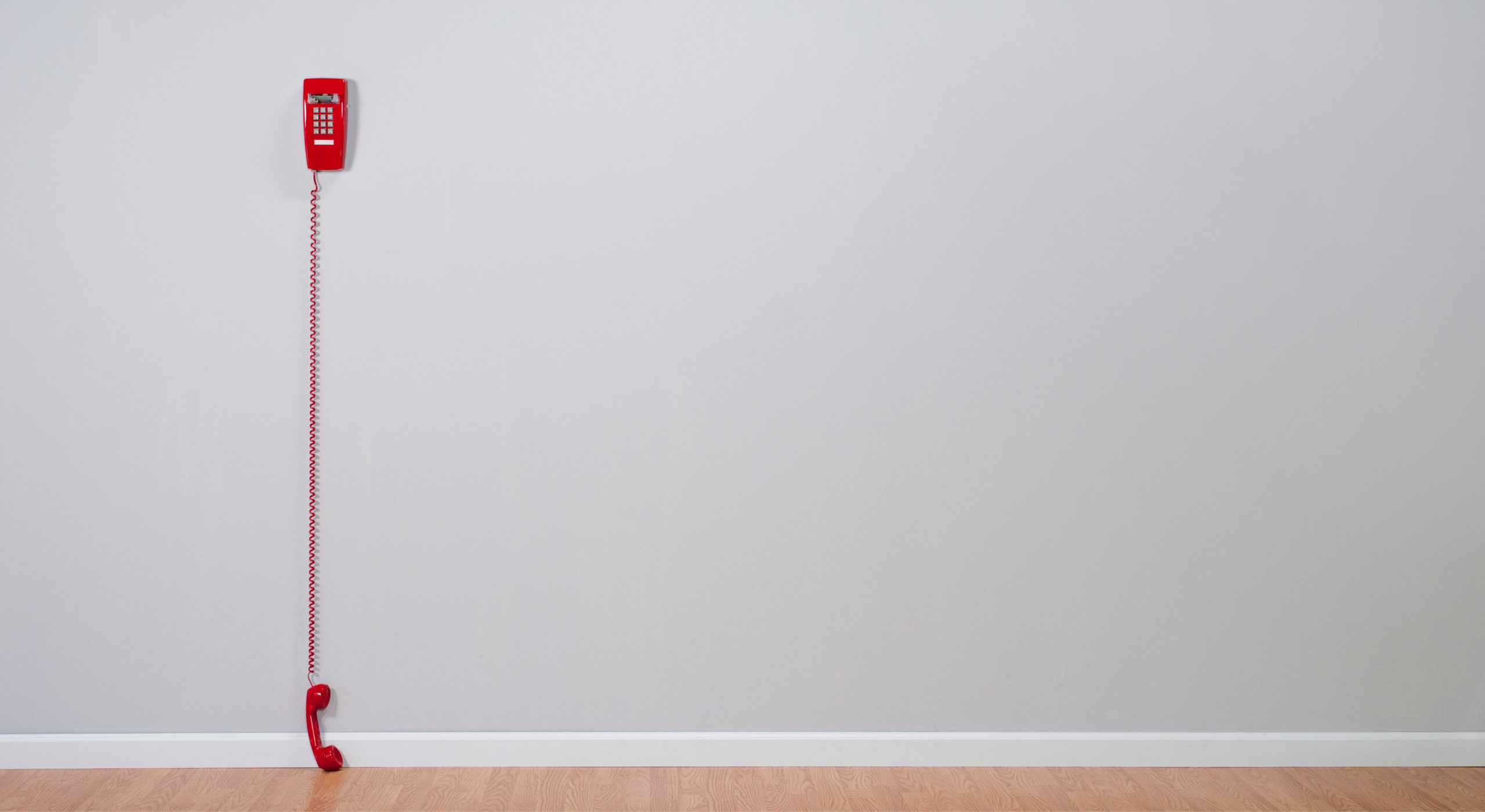


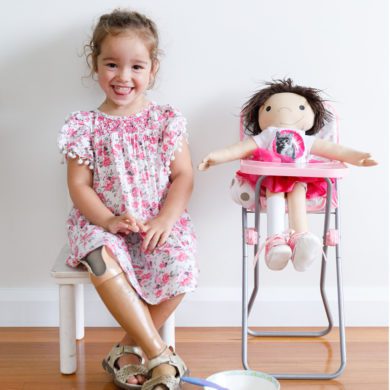
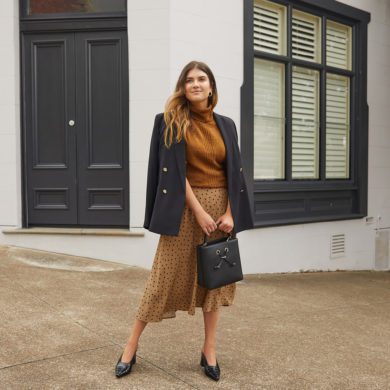
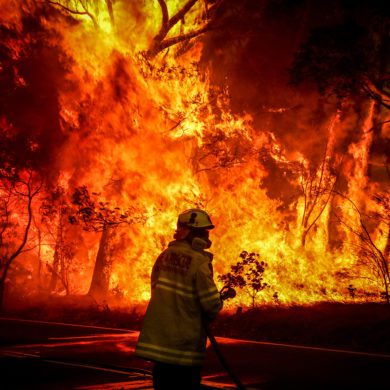
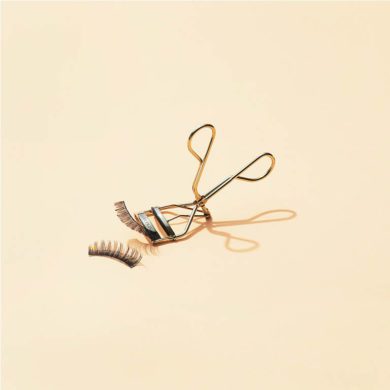
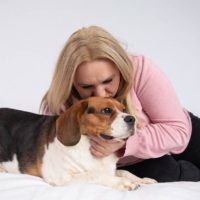

No Comments